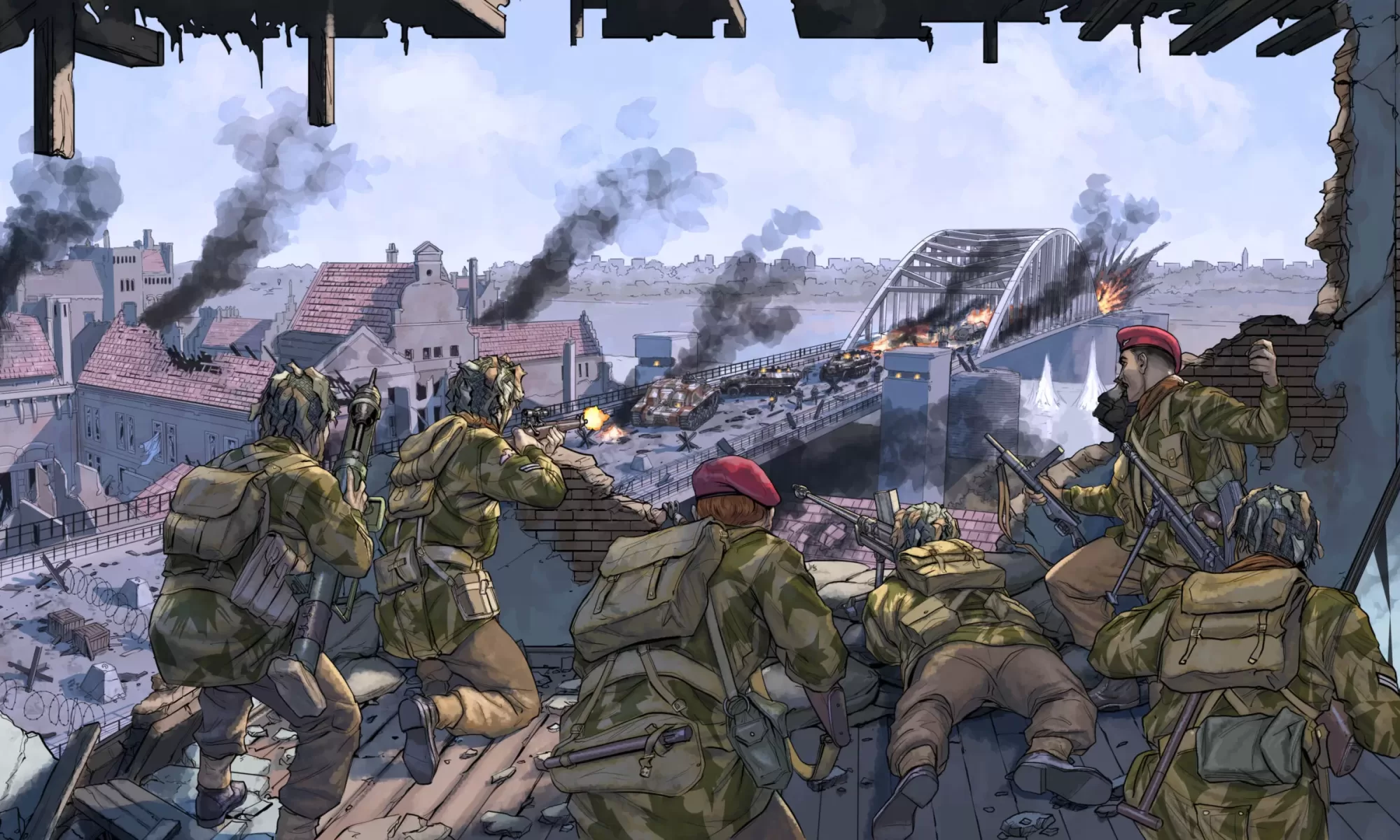There has a been growing trend in the software world to move to a subscription-based or In-app purchase (also known as microtransactions) model. Take as examples Microsoft Office365 or Adobe Photoshop where you pay a monthly subscription fee and in return get all the latest features and updates. We are also seeing this trend in the gaming world with games such as World of Warcraft that charge a monthly fee or Epic Games’ Fortnite that has in-app purchases for such things as outfits, gliders, pickaxes and dance moves. This model is also being replicated in the wargaming world with premium accounts for World of Tanks or in the form of extra downloadable content (DLC) such as in Slitherine’s’ Order of Battle.
Typically, the base game is free to download and can either be played for free with a limited amount of content or enhanced by in-app purchases. The advantage to this model is that the game player continues to get new content and a game, if successful, that is supported for years beyond its original release. For the software company, they get loyal customers, regular cash flow and the ability to forecast future income. For this type of model to be financially successful, you will need a fairly large pool of players willing to constantly spend money on the game.
As an example of a wargame utilizing an as a service model imagine buying an American Civil War game that has one battle depicted on its first release – say the first battle of Bull Run. As a fan of the game, you could then buy extra scenarios or battles and then these would appear as playable options in the game. You might even be able to buy extras such as customized counters or flags or additional music to play in the game.
However, this business model has had major implications for how mobile games are produced. As prices to sell games dropped developers moved to in-app purchases to generate revenue and now it’s extremely hard to sell a premium game for anything more than a few dollars. In-app purchases don’t tend to work well with a typical wargame – $1 for that extra panzer division and there goes the historical accuracy. It is no longer financially viable for most developers (I admire John Nuutinen and his continual output of games supporting Android) to develop a wargame aimed solely at iOS or Android. Users expect to pay next to nothing, or indeed nothing, and get a AAA quality game. Most hardcore wargamers will, I am sure, have noticed the lack of support for wargames on these platforms compared to the PC.
On the PC, premium pay (one-time purchase) games continue to sell well although the downward pressure on prices continues and will increase as more games adopt the model of software as a service going forward. I don’t, however, believe we will see the race to the bottom that happened with mobile games.
For a developer, there are huge risks in developing a game that you will release for free and then hope that fans of the game will either buy in-app items or DLC. Now multiply that risk by developing for a niche market such as historical wargames that are further sub-divided into particular interests such as ACW, WW2 etc. Oh, and add in the fact 100’s of games, of all types, are being released every week and getting visibility for your game is a mammoth effort in of itself. This means we are likely to see only established wargame studios/publishers successfully adopt this model. So, what does this mean for the future of computer-based wargames?
- An increase in wargames as a service – particularly where there is a lot of possible subject matter/conject such as the WW2 period
- Fewer commercially produced premium pay wargames but with better quality and content
- Few, if any, wargames covering more obscure subjects
- Even fewer commercially produced wargames on Android/iOS
- A growth in hobbyist wargame developers looking to fill the gaps created in 2, 3 & 4 above
Could we see publishers like Slitherine move to fully adopting wargames as a service model? I am sure they would prefer it due to the benefit of regular income and the ability it gives to forward plan compared to the famine and the then hopeful feast of releasing premium games. However, us wargamers are a very traditional bunch and like the French Guards at Waterloo will resist to the last.






